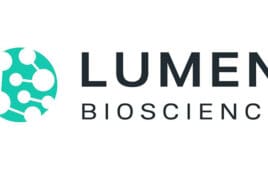 As the omicron BA.2 subvariant has spread, FDA has announced that it will further constrain the use of the investigational monoclonal antibody sotrovimab. The agency announced that it would limit the use of the antibody in some U.S. regions last week.
As the omicron BA.2 subvariant has spread, FDA has announced that it will further constrain the use of the investigational monoclonal antibody sotrovimab. The agency announced that it would limit the use of the antibody in some U.S. regions last week.
GlaxoSmithKline plc (LSE/NYSE:GSK) and Vir Biotechnology (Nasdaq:VIR) were initially confident that the antibody could hold up to the first omicron subvariant, but the companies have concluded that it is probably ineffective against the BA.2 subvariant.
The FDA has announced that sotrovimab is not currently authorized in areas where the BA.2 subvariant makes up the majority of COVID-19 infections. These areas include the Northeast, much of the Western part of the country and a portion of the Midwest.
The FDA has also withdrawn authorization for sotrovimab in Alaska and major U.S. territories, including Puerto Rico.
Last year, FDA similarly limited the use of Lilly’s bamlanivimab (LY-CoV555) and etesevimab (LY-CoV016) as emerging SARS-CoV-2 variants limited the efficacy of those antibodies. In June 2021, HHS halted distribution of Lilly’s bamlanivimab/etesevimab antibody cocktail owing to the spread of the delta, beta and gamma variants.
Filed Under: Infectious Disease





Tell Us What You Think!
You must be logged in to post a comment.